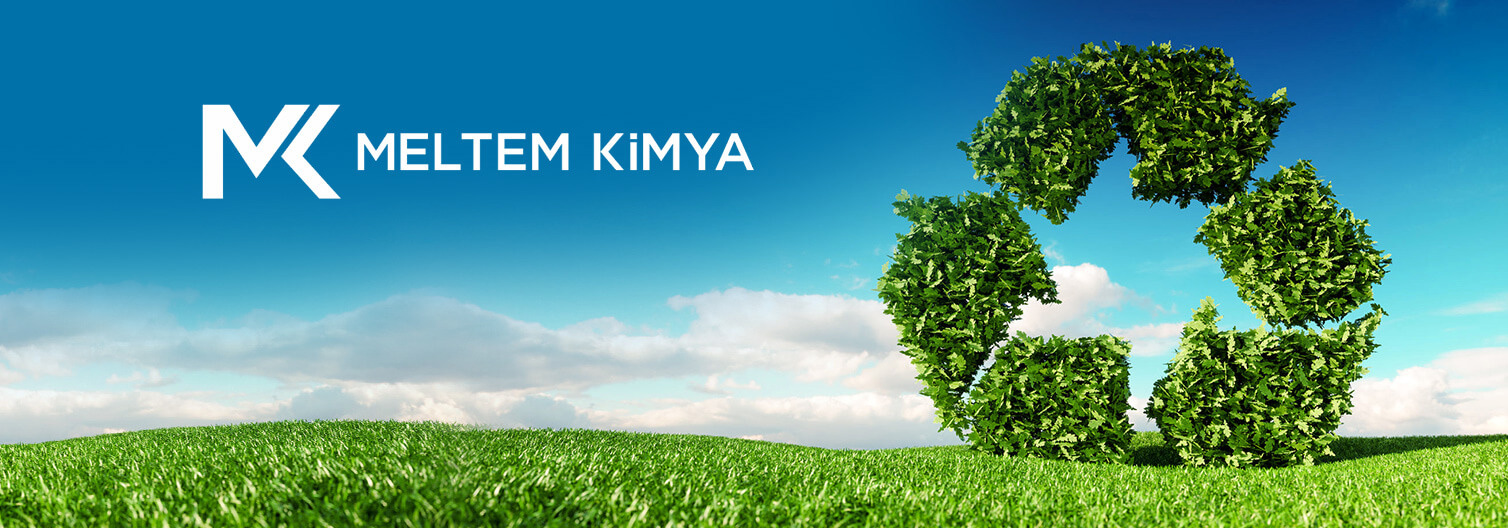
Sustainability
As the business team of Meltem Kimya, we are aware of the efficient use of limited resources and the benefits of recycling for our environment and future generations in our ever-industrializing world in which consumption is increasing.
We strive to fulfil our responsibilities in the best way we can in the framework of zero-waste and sustainability; thanks to the recycling policies we implement, relevant procedures we follow and the environmentally-friendly products we produce together with our employees in our plant.
Since 2000; our company has recycled and reclaimed approximately 200,000 tons of material, which is considered as waste; using the raw material DOTP plasticizer that it manufactured by licensed recycling of Pet Bottle and Polyester wastes.
In addition; in the PET Resin production facility, which we started operating in 2009; we have enabled more than 1 billion PET bottles to be recovered and returned to shelves to date and have provided maximum benefit to the environment within the scope of the zero-waste project; using rPET Resin which is produced by recycling PET bottle wastes by chemical depolymerisation method that was developed by us for the first time in the world as of 2014, and is utilized as raw-material in packaging and beverage industries.
In 2015, as the first in the world in Manisa; we have invested in and commissioned a very special PET packaging production facility, which is very special, suitable for hot filling at 95 degrees, and is generated completely with our own technology; and we have started to manufacture PET jar packaging which can be used as an equivalent to glass and tin, is lighter and more unbreakable compared to glass, transparent contrary to tin, export-friendly, can provide easier access to distant markets, and is easier to recycle and suitable for hot filling.
Since the day it was founded, our company Meltem Kimya has continuously invested in technology, trained manpower and the future together with the environmentally-friendly policies it has followed, by adopting its responsibilities to leave a greener and more habitable world to the next generations as its principle in the framework of sustainability and zero-waste.




